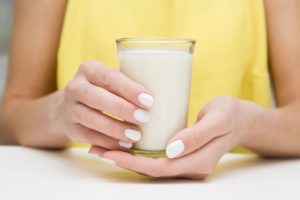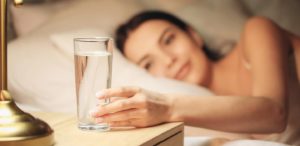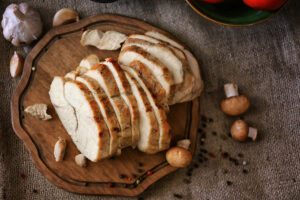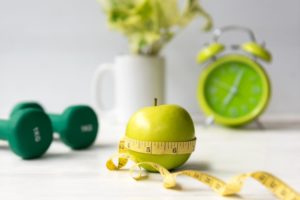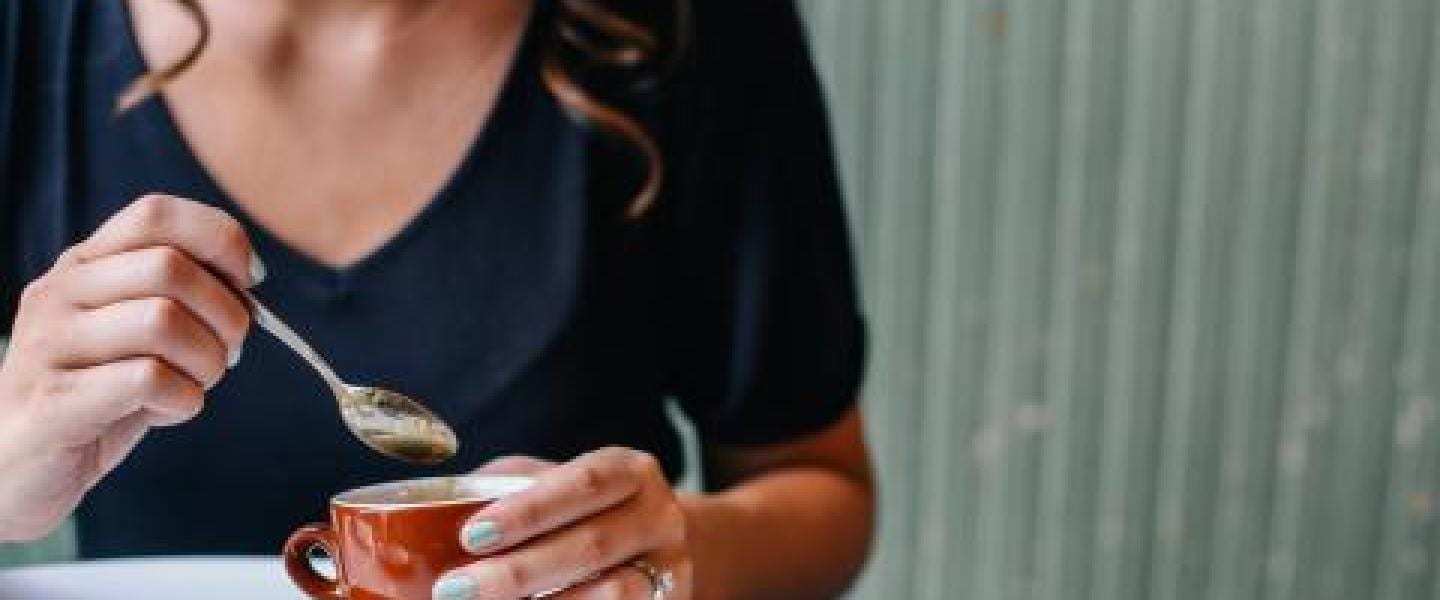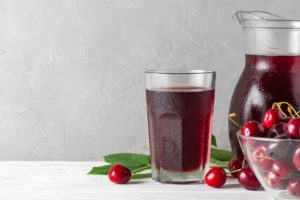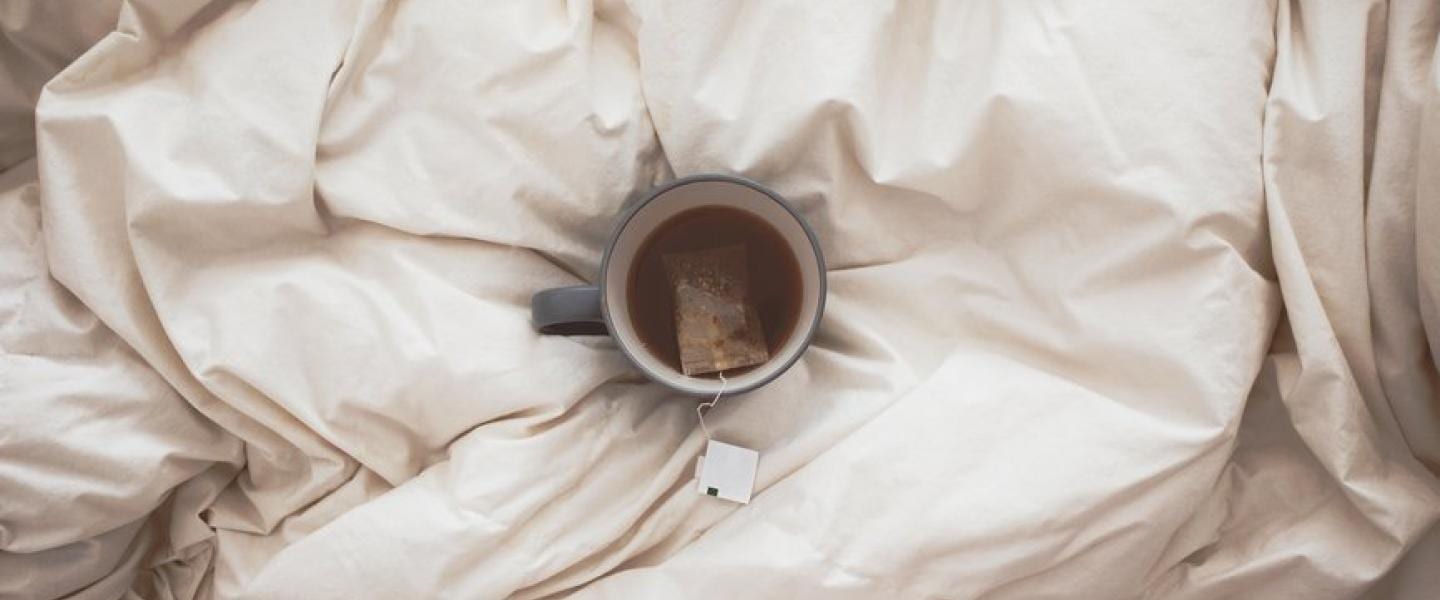Nutrition and Sleep: Diet’s Effect on Sleep
How nutrition plays a vital role in promoting healthy sleep patterns
With about one-third of U.S. adults routinely falling short on sleep, many people are likely looking for ways to sleep better. Scientific research on the way certain foods and eating habits impact sleep may help. We explore the relationship between nutrition and sleep, foods that promote sleep, foods that can hurt sleep, and frequently asked questions about food and sleep.
The Relationship Between Nutrition and Sleep
In many studies, how and what a person eats have been found to impact how long and how well they sleep. For example, diets low in fiber, high in saturated fat, or high in sugar have been linked to sleep that isn’t as restorative. Not eating enough fat, carbohydrates, or protein has been linked to less or worse quality sleep. Both caffeine and alcohol have been found to reduce sleep quality, especially if taken within two to three hours before bedtime. Foods that contain the amino acid tryptophan, on the other hand, have been found to improve sleep quality.
However, more research is needed to fully understand how a person’s food choices impact their sleep. A recent analysis of 26 research studies on nutrition and sleep concluded that there isn’t enough evidence to confirm that certain foods or ways of eating impact sleep, because of the way most research studies on the topic were designed. Instead, the study authors suggest that obesity, rather than specific foods, may influence sleep.
While more information is needed on how food impacts sleep, research makes clear that sleep patterns influence how a person eats and how the body responds to food. Falling short on sleep, which is sleeping fewer than seven hours per night for adults, may increase hunger and make sugary and fattening foods feel more rewarding, leading to overeating. Falling short on sleep may also reduce the body’s ability to break down sugar, leading to an increased risk of obesity, type 2 diabetes, and heart problems.

Foods That Help You Sleep
Although more research is needed, many studies suggest that certain foods and ways of eating may promote better sleep in some people. Foods may help sleep by contributing to adequate nutrition or because they contain sleep-promoting components, like tryptophan, essential vitamins, melatonin, or serotonin.
Research suggests that these are foods that may help you sleep:
- Tart cherry juice
- Cherries, especially the Jerte Valley and Montmorency tart cherry varieties
- Kiwi fruit
- Oily and fatty fish, like herring, mackerel, salmon, tuna, sardines, trout, and krill
- Oysters
- Poultry
- Milk and cheese
- Eggs
- Breads
- Beans
- Pumpkin seeds
- A diet high in vegetables
- Grain mixes containing tryptophan
Eating simple carbohydrates that quickly turn to sugar in the bloodstream four hours before sleep has also been found to help people fall asleep faster. That said, simple carbs before bed might not be a good long-term strategy for sleeping better. Studies have also found that high-sugar and high-carbohydrate diets are associated with worse sleep. A well-balanced diet with adequate amounts of carbohydrates, protein, and fat appears to be best for good sleep.
Foods That Can Hurt Sleep
Research studies have found that certain foods, drinks, and ways of eating may lead to less sleep or lower quality sleep. These are foods and diets that may contribute to worse or less sleep:
- Foods and drinks containing caffeine
- Foods and drinks containing alcohol
- High-fat foods, especially saturated fat
- High-sugar foods
- Foods low in tryptophan
- Diets low in fiber
- Diets high in carbohydrates and low in fat
Also, skipping meals and snacking between meals or after dinner may reduce sleep quality and quantity. Eating too much food or too close to bedtime may also interfere with healthy and sound sleep.
How to Eat Better for Sleep
Try these research-backed tips to see if food and nutrition can improve your sleep:
- Consume a balanced diet: A balanced diet contains adequate amounts of three types of macronutrients: carbohydrates, fat, and protein. In terms of carbohydrates, whole grains are preferred over simple carbohydrates and highly processed grains, as they are healthier and may improve sleep. Studies have also found that consuming too much or too little protein can negatively impact sleep.
- Eat your fruits and vegetables: A balanced diet should also contain ample fruits and vegetables. Eating an adequate amount of fruits and vegetables, that is high in fiber and vitamins, has also been linked to better sleep.
- Eat at regular times: The timing of when a person eats meals can impact their circadian rhythms, which also influence when a person wants to be asleep or awake. Eating late at night or within two hours of sleep may lead to less restful sleep. Irregular meal times may also impact sleep and are associated with higher rates of obesity.
- Avoid sleep disruptors: Caffeine has been found to disrupt sleep, even when consumed six hours before bedtime. Caffeine can be found in tea, coffee, soda, energy drinks, and chocolate. Alcohol is another sleep disruptor. Though it may help some people fall asleep faster, ultimately, alcohol can lead to lower quality sleep and more frequent overnight awakenings.
- Avoid nighttime acid reflux: Acid reflux can disrupt a person’s sleep. Eating certain foods in the evening may make acid reflux more likely. These foods include spicy foods, fried foods, high-fat foods, and junk foods. Avoiding these foods and avoiding eating in the two hours before bed may help a person avoid acid reflux at night and the poor sleep associated with it.
Contact a doctor or registered dietician if you want help identifying the best diet to meet your nutrition needs.
Frequently Asked Questions About Nutrition and Sleep
Do You Digest Food While Sleeping?
Digestion continues while a person is asleep, but digestion at night differs from digestion during the day. The muscle activity that moves food through the esophagus, stomach, and intestines slows down during sleep. This slowdown is why most people only have bowel movements while awake, and why acid reflux may be more common at night.
Does Your Metabolism Slow Down When You Sleep?
A person’s basal metabolic rate, or the amount of energy their brain and body uses, overall decreases during sleep. However, the metabolic rate will increase during rapid eye movement (REM) sleep, a stage of sleep known for vivid dreaming that’s more common in the second half of the night.
Can Sleep Help You Lose Weight?
Some research suggests that maintaining good sleep health is associated with weight and fat loss. Conversely, falling short on sleep may lead to weight gain. Sleeping less than the recommended amount is linked to a higher risk of developing obesity due to hormone dysregulation. Falling short on sleep may make a person feel hungrier, eat more, choose less healthy foods, and engage in less physical activity.
Does an Unhealthy Diet Cause Sleep Disorders?
Although diet hasn’t been found to directly cause sleep disorders, some ways of eating may be related to or worsen sleep disorders. For example, poor nutrition has been found to contribute to insomnia. Unhealthy eating may lead to obesity, and obesity increases a person’s risk of developing obstructive sleep apnea (OSA). Also, since eating times affect a person’s circadian rhythms, an irregular eating schedule may also worsen circadian rhythm sleep disorder symptoms.

Still have questions? Ask our community!
Join our Sleep Care Community — a trusted hub of sleep health professionals, product specialists, and people just like you. Whether you need expert sleep advice for your insomnia or you’re searching for the perfect mattress, we’ve got you covered. Get personalized guidance from the experts who know sleep best.
References
5 Sources
-
Frank, S., Gonzalez, K., Lee-Ang, L., Young, M. C., Tamez, M., & Mattei, J. (2017). Diet and Sleep Physiology: Public Health and Clinical Implications. Frontiers in neurology, 8, 393.
https://pubmed.ncbi.nlm.nih.gov/28848491/ -
Sejbuk, M., Mirończuk-Chodakowska, I., & Witkowska, A. M. (2022). Sleep quality: A narrative review on nutrition, stimulants, and physical activity as important factors. Nutrients, 14(9), 1912.
https://pubmed.ncbi.nlm.nih.gov/35565879/ -
Netzer, N. C., Strohl, K. P., & Pramsohler, S. (2024). Influence of nutrition and food on sleep-is there evidence?. Sleep & breathing, 28(1), 61–68.
https://pubmed.ncbi.nlm.nih.gov/37740061/ -
Binks, H., E Vincent, G., Gupta, C., Irwin, C., & Khalesi, S. (2020). Effects of Diet on Sleep: A Narrative Review. Nutrients, 12(4), 936.
https://pubmed.ncbi.nlm.nih.gov/32230944/ -
Duboc, H., Coffin, B., & Siproudhis, L. (2020). Disruption of circadian rhythms and gut motility: An overview of underlying mechanisms and associated pathologies. Journal of Clinical Gastroenterology, 54(5), 405–414.
https://pubmed.ncbi.nlm.nih.gov/32134798/





